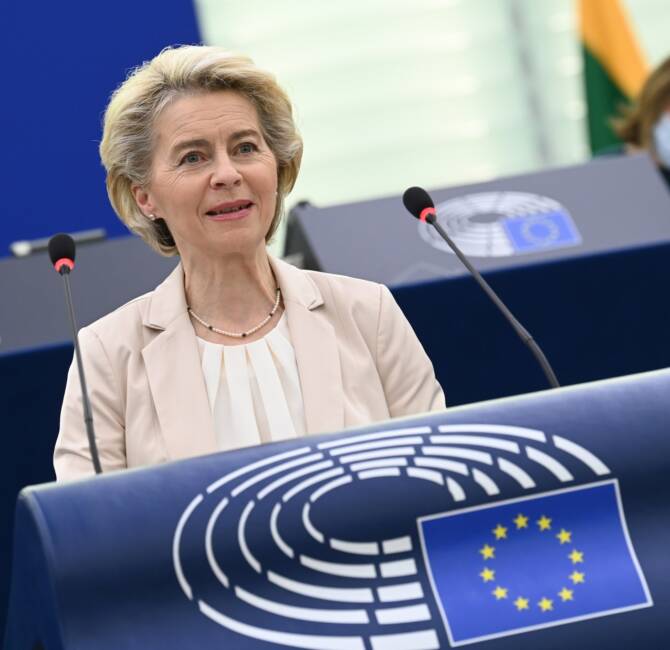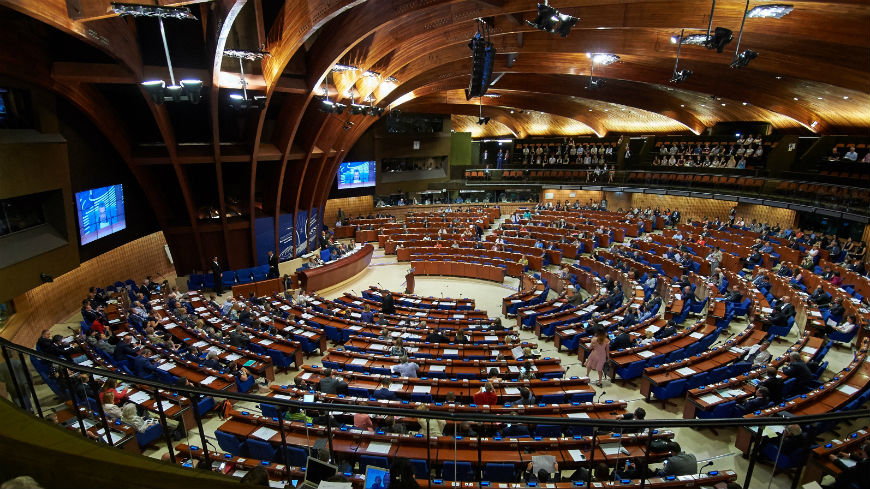Czechia – On 8 and 9 October, the Czechs voted to elect a new parliament. After an extremely close match, Prime Minister Andrej Babiš may not keep his job. The elections also showed that Czech politics is polarised around two personalities, Andrej Babiš and Petr Fiala, to the detriment of a classical left that is now totally absent from parliament, where only four coalitions will be represented.
Tight results reflect polarisation
The uncertainty lasted up until the last moment. The turnout was quite good, with 65.43% of voters going to the polls, which is 4.6% more than in the last elections. The SPOLU coalition (Together, centre-right), which includes ODS, KDU-ČSL, and TOP 09, got 27.79% of the vote, winning by a narrow margin over the incumbent prime minister’s party, ANO, which garnered 27.12% of the votes cast.
The Czech voting system is based on an adaptation of the well-known d’Hondt system, with preferential voting in 14 electoral districts. As a result of this voting system, although the ANO came second, it retained 72 seats in the National Assembly, while the three-party coalition SPOLU obtained only 71 seats. The STAN (mayors and independents, miscellaneous) and Pirates (progressive alter-globalists) coalition scored 15.62%, winning 37 seats, while Tomio Okamura’s SPD (Freedom and Direct Democracy), the patriotic and Eurosceptic party, obtained 9.56% of the vote and kept 20 seats.
Despite having one more seat than his rival, Petr Fiala, Andrej Babiš is in trouble: with only 72 seats, even a coalition with the SPD would not give him a majority to form a government. The kingmaker is therefore the STAN-Pirate coalition led by the alter-globalist activist Ivan Bartoš. And as of last night, the SPOLU and the STAN-Pirate coalition signed a memorandum to form a government.
The classical left is out of parliament
Most notable in these elections is the absence from parliament, for the first time since the regime change, of the communists (KSČM) led by Vojtěch Filip. This marks a milestone in the slow decline of this patriotic left-wing political force.
Another important feature of the election’s aftermath is the absence of the Social Democratic ČSSD party. The classical left inherited from the 20th century, whether socialist or communist, is therefore no longer represented in the Czech parliament.
The right-wing coalition led by Trikolóra obtained only 2.76% of the vote, failing to enter parliament or to make the breakthrough that Václav Klaus junior, the party’s founder, had hoped for.
Many small parties are victims of the polarisation of Czech politics around Andrej Babiš and Petr Fiala.
President in intensive care
After the elections, the announcement of the results was marked by the sudden and unfortunate news that the President of the Republic, Miloš Zeman, had been admitted to intensive care.
As long as the President is not fit to perform his duties, he is to be replaced by the Prime Minister and the Speaker of Parliament. While the situation persists, the Czech Republic will not be able to appoint a new prime minister, so there is plenty of time for negotiations to form a new coalition government.




